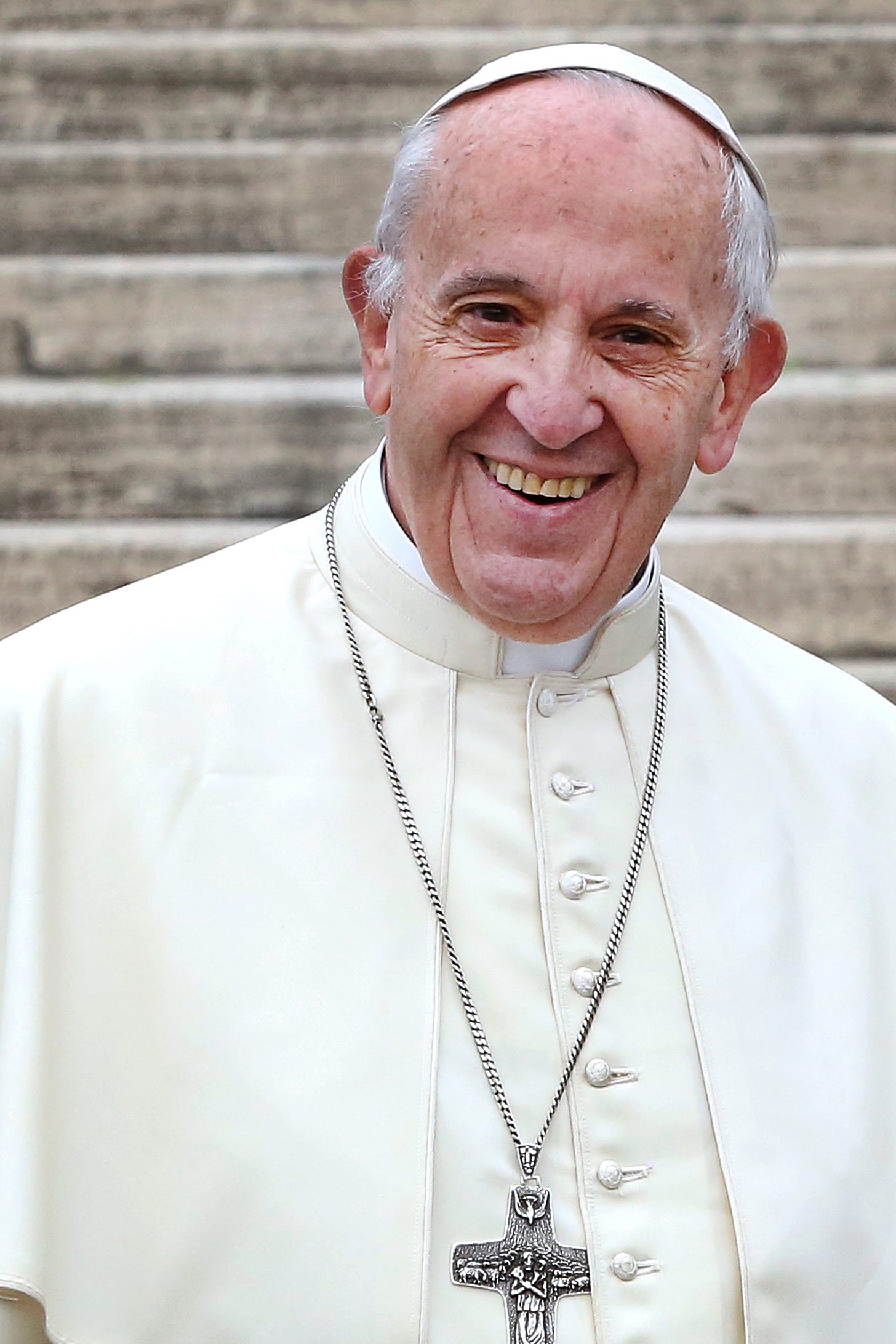From Lampedusa to the Synod
A tribute to Pope Francis (1936-2025), apostle of mercy and hope — and a call to walk the road of conversion he showed us
Today, we heard how Mary Magdalene came to the tomb and could not find Jesus among the cold, dead stones of the grave. The angels call her to conversion—not of the mind alone, but of the body and the heart. She turns away from the tomb and toward the garden, toward life. And it is there—only there—that she meets the Risen Lord.
For a moment, she mistakes Him for a gardener. And in a way, she is not wrong.
God the Father created the first garden, Eden, out of nothing. But Jesus, Son of God, brings forth new life from death itself. And it is to Mary—this woman once wounded but now healed—that He entrusts the first proclamation of the Resurrection.
This story was close to the heart of the late Pope Francis, whom we remember tonight. During the Holy Year of Mercy in 2016, Pope Francis declared Mary Magdalene “Apostle of the Apostles.” A year later, he called her the “Apostle of Hope.” And for many, Pope Francis himself has become just that—an apostle of mercy and hope in dark and divided times.
From the very beginning of his papacy, Francis called the Church to attention: not to itself, but to the poor, the forgotten, and the excluded. His first journey outside the Vatican was to Lampedusa, where he mourned the lives lost at sea and spoke with refugees. His final visit, years later, was to a prison—on Maundy Thursday. A full circle: from the margins to the margins, washing feet, listening, blessing.
Some called him a progressive Pope. Others, a conservative with a pastoral heart. But perhaps, above all, Pope Francis was a great educator of the Church. He saw the need for change—but not the kind that comes from quick decrees or top-down reforms. He chose instead a longer road: the path of synodality.
This too has been misunderstood. Some saw it as a power game: labelling ideas they liked as “synodal” and those they disliked as “not synodal.” But Francis had no interest in games.
His concern was the Church’s ongoing conversion to Christ. A Church less obsessed with self-preservation, and more attuned to the voices of ordinary people. Especially those at the edges.
He resisted cheap grace. It would have been easy to say: “You are tolerated now”—to the divorced, the LGBTQ+ community, the broken-hearted. But he knew that true communion is not built on vague tolerance. It is built on listening, on relationship, on shared pilgrimage. It is not just about toleration, but connection.
The synod was—and still is—an attempt to rekindle the lost connections within the Church. It invites us to hear how God is already at work in lives we do not understand. To recognise our own failures. To let go of judgment. And to begin, together, with Christ, again.
“Widen the tent,” the synod says. But this is not about simply being nicer or more open. It is the deep spiritual recognition that we are all broken. That we need one another. That the Church, if it is truly the Body of Christ, must be a place of grace, justice, and mercy. Not a fortress of purity, but a tent—big enough to shelter many, with room to grow.
This is not easy. Pope Francis knew that. He knew that following Christ is not always a triumphant path—it is a way marked by freedom, struggle, and vulnerability. He showed us what it means to walk that path.
And now, we are called to walk it without him.
Like Jesus saying to Mary, “Do not cling to me,” we are reminded not to cling to Pope Francis—neither to his image, nor to his memory—as if he were a relic to bury with reverence. No, the best way to honour his legacy is to carry forward the call he embodied: the call to conversion.
To turn around.
To look out into the world.
To discover that God is already there.
Even if we don’t recognise Him right away.
That is the promise of the Resurrection. Not only for Jesus, not only for Mary, not only for Pope Francis—but for us.
Here. Now.
Let us honour Francis not just with words of mourning, but with lives of hope.
Like Mary Magdalene, let us rise and go.
Let us become, in our own time, apostles of mercy and hope in a world that aches for good news.
Amen
Homily preached at the Requiem Mass for Pope Francis, Student Chaplaincy Delft, 22/04/2025
Picture: Ramon Mangold, thanks to Katholiek Leven / SRKK, the Netherlands




